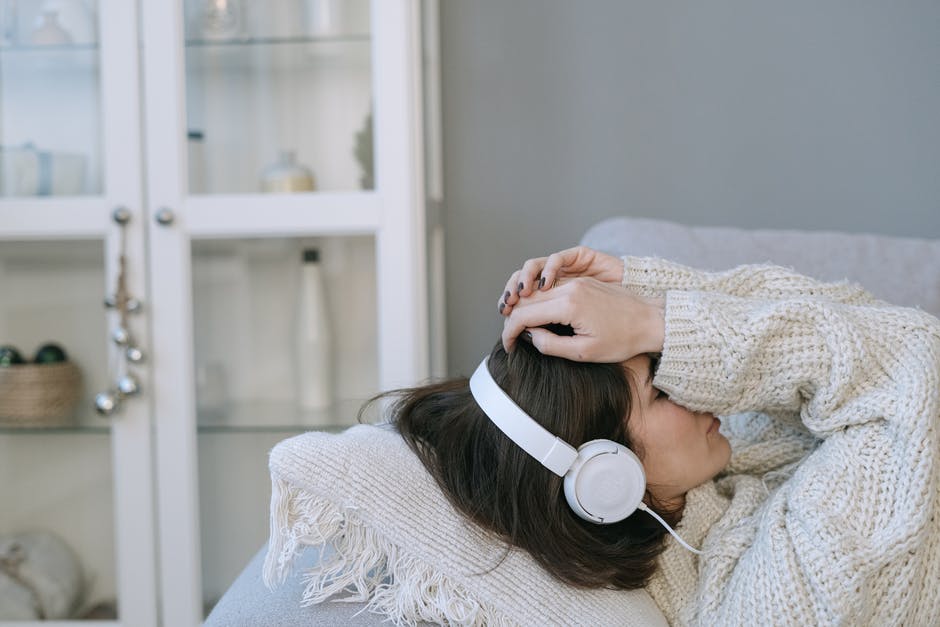
The Best Tips on How to Combat Fatigue From Ozempic

Unless you’ve been living under a rock, you’ve probably heard a thing or two about the Ozempic trend. Popular with celebrities worldwide for weight loss and touted as “the worst-kept secret in Hollywood,” this drug has seen high demand and gone through major shortages across the globe. For diabetes patients, for whom Ozempic helps control their blood sugar, the demand for this medication is especially crucial.
Despite the praises sung about the effects of this trendy medication, there’s one side effect you may not enjoy: drowsiness.
Knowing how to combat fatigue from Ozempic can help you power through lethargy to better enjoy your results. If you’re ready to accomplish your health goals without exhaustion, here’s what you should know.
Address Poor Sleep Hygiene
If you’ve been able to squeak by with poor sleep hygiene before taking Ozempic, you might not be able to get away with it now. Addressing bad habits is a crucial part of counteracting your fatigue.
Stick to a Schedule
Your body’s circadian rhythm is what tells you when to rest and helps you get a good night’s sleep. If this rhythm falls out of sync, it can be harder to wind down in the evening.
Try to go to sleep and wake up at the same times every day. Make sure this allows for at least seven hours of sleep. You should also aim for a sleep schedule that mirrors your region’s day-night cycle as much as possible.
Cut Back on Evening Screens
Blue light from smartphones, televisions, and other devices stimulates the brain. These screens can wreak havoc on your circadian rhythm, with the blue light prompting your brain to consider this “waking time,” even if you’re meant to be winding down. Try to turn your screens off at least an hour before bedtime.
Create a Sleep Routine
Humans are creatures of habit. Following a standard set of steps every evening can help signal to your mind and body that it’s time to rest.
Consider creating a unique routine with calming activities that you’ll follow before bedtime. This can include things like taking a warm bath, gentle stretches, journaling, meditating, or following your skincare regimen.
Eat the Right Foods
Fatigue is a relatively rare side effect of Ozempic, and doctors aren’t yet sure what causes it. However, some experts believe the issue is simple: you’re eating less food, which means fewer calories, which means less fuel for your body. The result is that you may feel tired more often.
That’s why it’s so important to make sure that the calories you do get are as nutritious as possible.
Rethink Your Diet
There isn’t a single best diet for patients on Ozempic in NZ, but there are still a few food groups that are safe bets for most people.
Stick to low-glycemic foods that are high in protein. Foods high in fiber, low-fat dairy products, whole grains, and healthy fats are also great choices for getting the energy you need.
Stay away from unprocessed foods, which have low nutritional value. Their artificial ingredients may further slow you down!
If you’re ever unsure what fatigue-friendly foods fit with your personal diet, talk to your doctor. This is especially important if you’re diabetic or pre-diabetic.
Choose the Right Timing
As you eat the foods above, don’t forget to cut back on eating and snacking around two or three hours before bed! Putting a lot of food into your body jump-starts your digestive system, which can be uncomfortable or even cause reflux.
Eating smaller meals throughout the day can also help, even if you don’t have the appetite. If you fail to get enough calories, you may be adding to your daily fatigue!
Get More Exercise
We know, we know: we just said that taking Ozempic may mean that your body is getting less fuel. Why should you start an exercise routine on an empty tank?
This is because another theory about why Ozempic causes fatigue is that the drug itself affects your sleep. It may cause low-quality sleep or nighttime restlessness. As a result, you might notice that your sleep debt is starting to climb.
Regular exercise can help you feel more tired in the evening, even when the exercise isn’t strenuous. Going for a walk or doing yoga, for example, are perfect exercises for fatigue. As an added bonus, outdoor exercise can help you get some sunlight, which in turn helps balance your circadian rhythm.
If you’re doing a high-impact exercise that gets your heart pumping, try to complete the workout several hours before bedtime.
Be Careful About Your Beverages
When you’re trying to combat fatigue, water is always your best bet. Dehydration can compound fatigue, so drinking water throughout the day may help you counteract some of Ozempic’s side effects. Experts recommend getting 11-16 cups per day, though a hydration calculator can help you figure out what your body might need.
If you drink coffee or other caffeinated products, stop drinking within four to six hours of your bedtime. This prevents caffeine from affecting your sleep.
You should also stay away from alcohol. This beverage isn’t great for your energy levels, metabolism, hydration, or sleep.
Alcohol may be even worse when you’re on Ozempic. With Ozempic, alcohol consumption may increase your risk of low blood pressure, which can increase feelings of drowsiness.
Talk to Your Doctor
If tweaks to your diet, exercise, and sleep habits don’t seem to work, talk to your doctor.
In addition to walking you through how to get Ozempic for weight loss, your doctor can help you figure out the right dosage to manage your symptoms. They may also want to adjust any medications you’re taking that interact with your Ozempic.
Know How to Combat Fatigue From Ozempic
Understanding how to combat fatigue from Ozempic can help you feel more comfortable as you start your new health regimen. Stop dealing with fatigue and drowsiness, and get more of the energy you need!
If you’ve been hoping to buy Ozempic but can’t seem to get your hands on enough, consider choosing Kiwi Drug. We’re proud to offer top-quality medications at competitive prices, including an affordable Ozemic NZ cost. Check out our current stock or get in touch with us with questions.
Related Posts


Understanding Malaria: Is It Really Contagious?
January 2, 2026